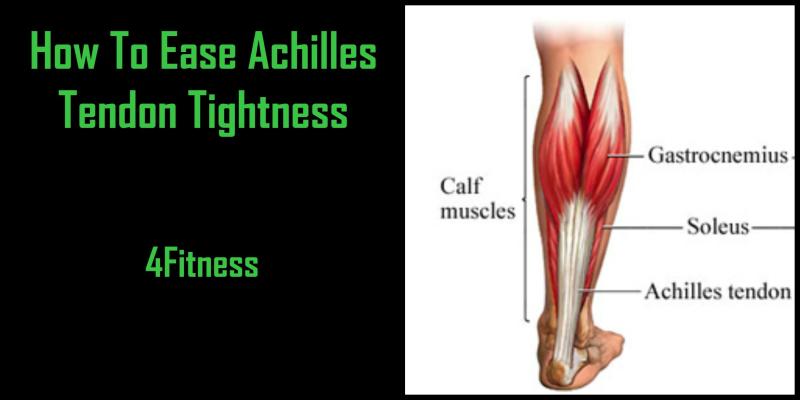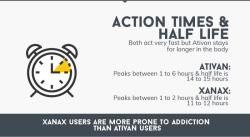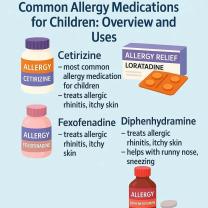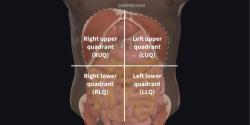What causes your Achilles tendon to tighten?
Several factors can contribute to the tightening of the Achilles tendon:
Overuse or Overtraining: Excessive physical activity, particularly activities that involve repetitive jumping, running, or sudden increases in intensity, can strain the Achilles tendon, leading to tightening.
Lack of Stretching or Flexibility Exercises: Not properly stretching the calf muscles and Achilles tendon before or after physical activities can result in tightness over time.
Injury or Trauma: An Achilles tendon injury, such as a strain or tear, can lead to scar tissue formation during the healing process. This scar tissue may cause the tendon to become less flexible and more prone to tightening.
Poor Footwear or Biomechanics: Wearing shoes that don't provide proper support or having biomechanical issues, such as flat feet or overpronation, can place increased stress on the Achilles tendon, leading to tightness.
Remedies for Achilles tendon tightening typically involve a combination of stretching and strengthening exercises:
Stretching: Regular stretching of the calf muscles and Achilles tendon can help maintain flexibility and reduce tightness. Stretching exercises like calf stretches, ankle dorsiflexion stretches, and eccentric heel drops can be beneficial.
Strengthening Exercises: Strengthening the calf muscles through exercises like calf raises and resistance band exercises can help support the Achilles tendon and prevent excessive tightening.
Rest and Recovery: Adequate rest between physical activities can prevent overuse and allow the tendon to recover.
Proper Footwear and Support: Wearing supportive shoes that fit well and offer proper cushioning and support can reduce strain on the Achilles tendon.
Gradual Progression: When engaging in physical activities, gradually increase intensity or duration to avoid sudden strain on the tendon.
If the tightening persists or causes pain or discomfort, it's essential to consult with a healthcare professional, such as a physical therapist or orthopedic specialist, for a proper evaluation and personalized treatment plan. They can provide specific exercises and interventions to address Achilles tendon tightness based on individual needs and circumstances.
Common Factors Contributing to Achilles Tendon Tightening
Several factors can contribute to the tightening of the Achilles tendon, including:
Overuse: Repetitive activities that involve plantarflexion (pointing the toes downward), such as running, jumping, or dancing, can put excessive strain on the Achilles tendon, leading to micro-tears and inflammation.
Tight Calf Muscles: Tight calf muscles can pull on the Achilles tendon, causing it to shorten and tighten. This is particularly common in individuals who wear high heels or have limited ankle dorsiflexion (ability to point toes upward).
Age: As we age, our tendons naturally lose their elasticity and flexibility, making them more prone to tightness and injury.
Footwear: Improper footwear, such as shoes with inadequate arch support or worn-out soles, can alter biomechanics and increase stress on the Achilles tendon.
Sudden Changes in Activity: Rapidly increasing the intensity or duration of activities without proper conditioning can overload the Achilles tendon, leading to tightening and pain.
Underlying Medical Conditions: Certain medical conditions, such as rheumatoid arthritis or psoriasis, can increase inflammation and susceptibility to Achilles tendon tightening.
Role of Lifestyle and Physical Activity
Lifestyle and physical activity play significant roles in influencing Achilles tendon tightening.
Sedentary Lifestyle: A lack of regular physical activity can lead to weakened muscles and reduced flexibility, making the Achilles tendon more susceptible to tightness and injury.
High-Impact Activities: Engaging in high-impact activities, such as running or jumping, can increase the risk of Achilles tendon tightening if proper technique and gradual progression are not followed.
Sport-Specific Demands: Certain sports, such as basketball, tennis, and soccer, involve frequent changes of direction and quick stops, putting more stress on the Achilles tendon and increasing the risk of tightening.
Inadequate Warm-up and Cool-down: Skipping warm-up before exercise or neglecting cool-down afterward can leave the Achilles tendon vulnerable to tightening and strain.
Preventive Measures
To minimize the risk of Achilles tendon tightening, consider these preventive measures:
Regular Stretching: Incorporate regular calf stretches into your routine to maintain flexibility and reduce the likelihood of tightening.
Proper Footwear: Choose well-fitting shoes with adequate arch support and cushioning to support the Achilles tendon and reduce stress.
Gradual Progression: Gradually increase the intensity and duration of physical activities to allow the Achilles tendon to adapt and prevent overuse injuries.
Strength Training: Engage in exercises that strengthen the calf muscles, which can help support the Achilles tendon and reduce strain.
Listen to Your Body: Pay attention to signs of discomfort or pain in the Achilles tendon and take rest when needed to prevent further injury.












